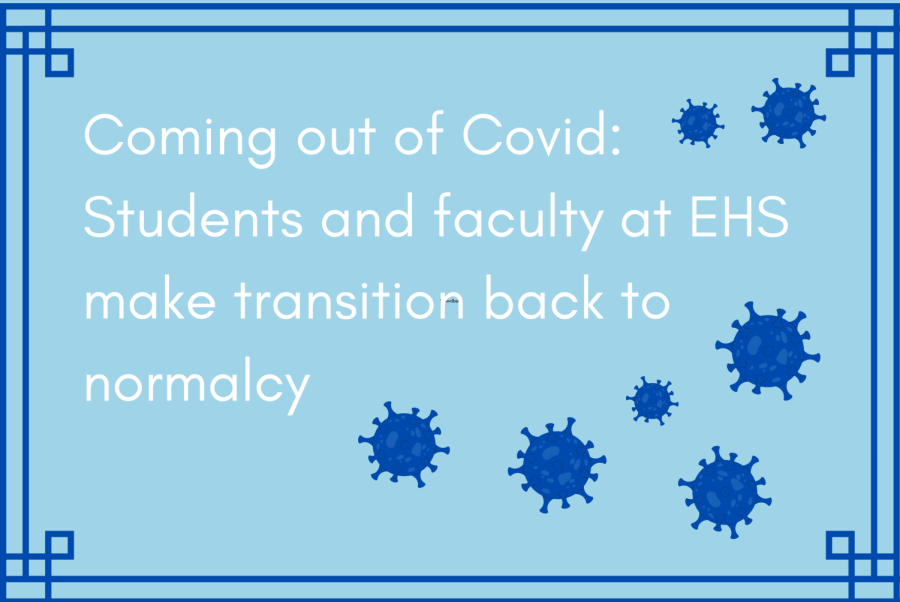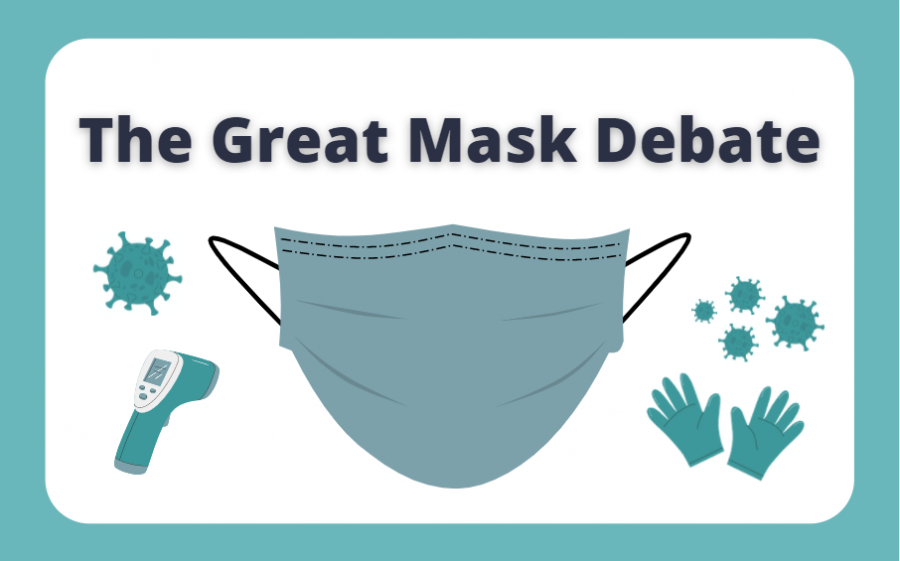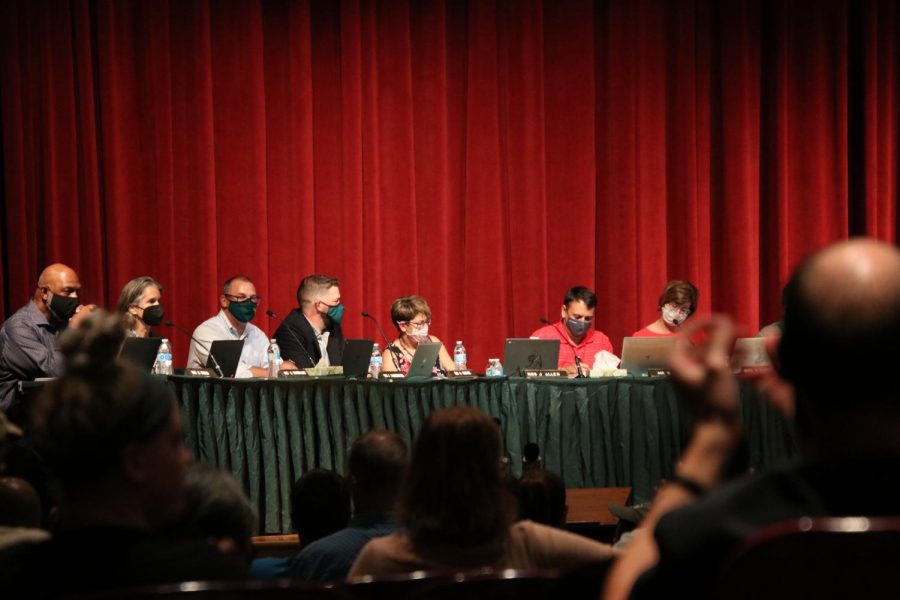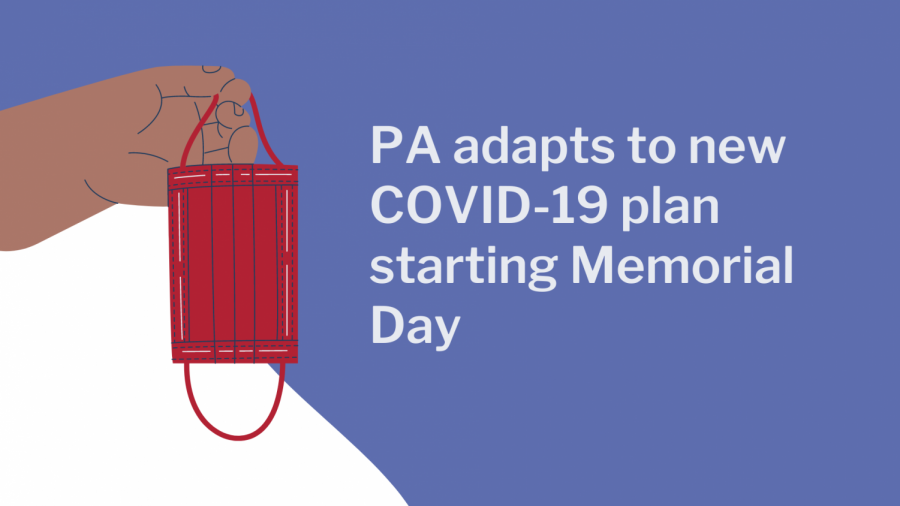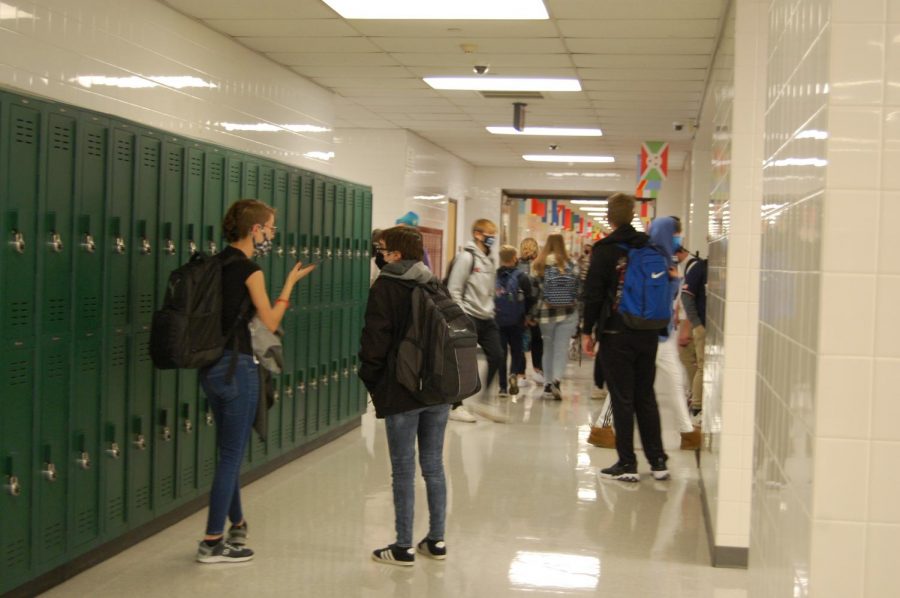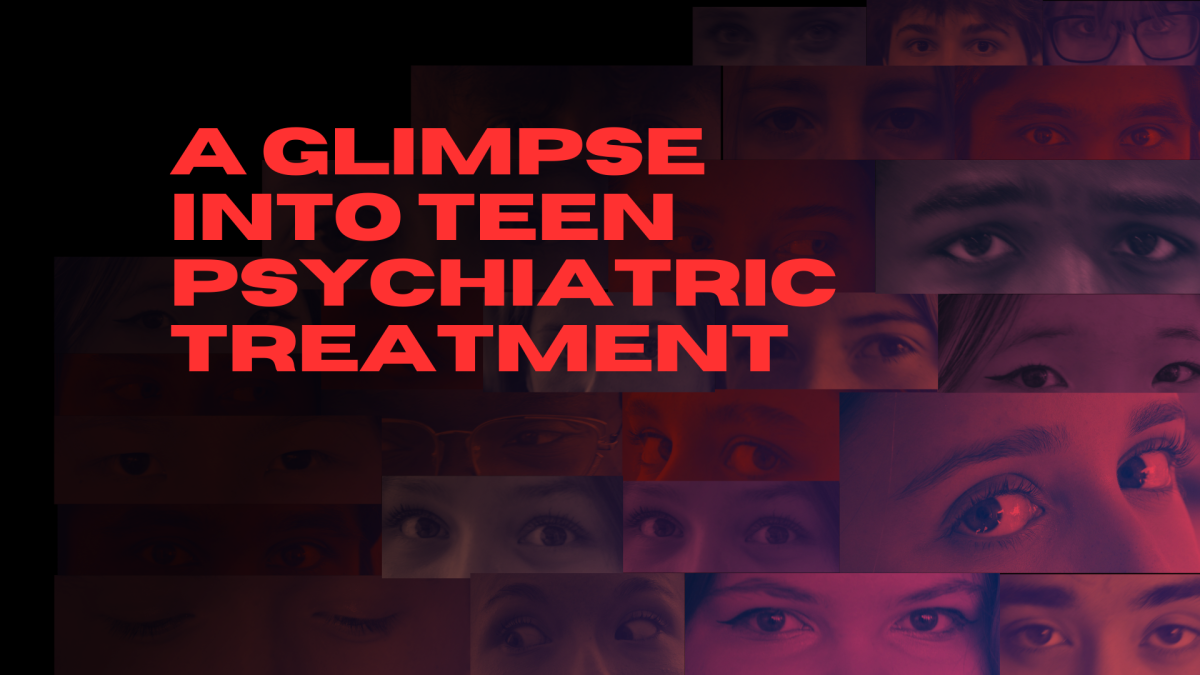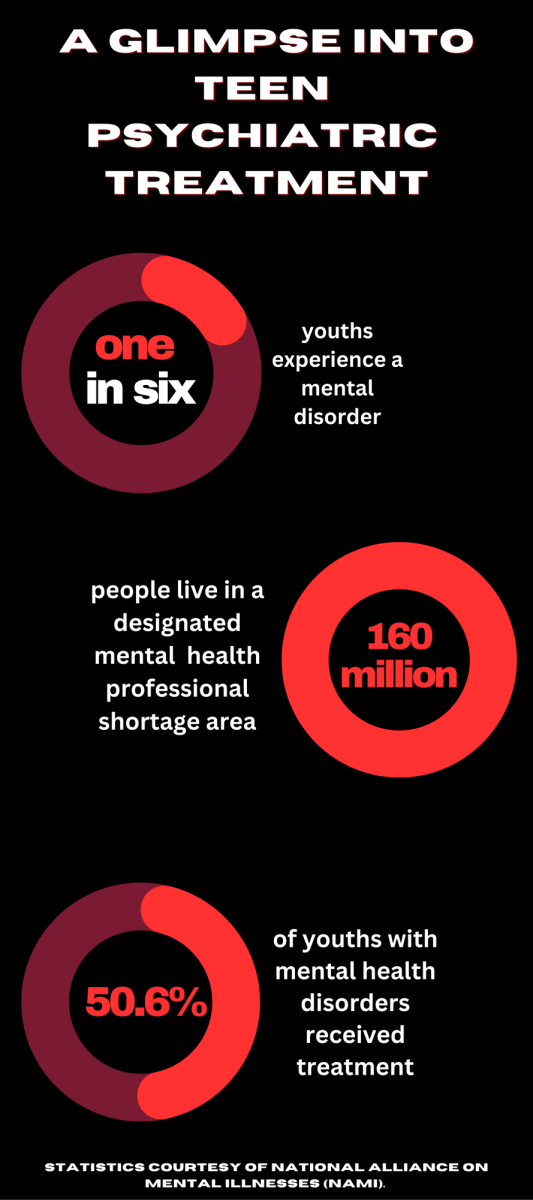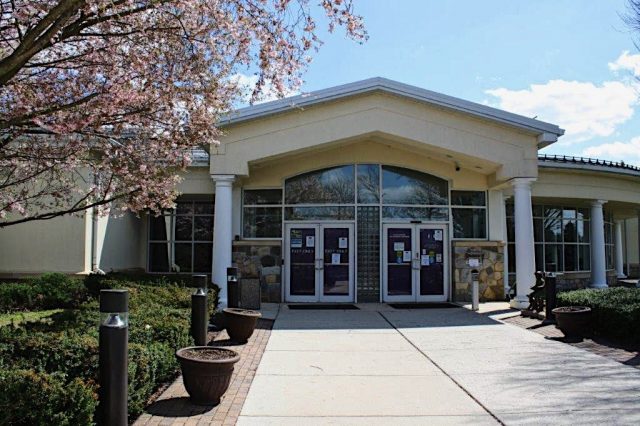
Every Monday morning, Kathee Rhode pulls into the empty parking lot of the Lower Macungie Library. She unlocks the door, turns on the lights, and sweeps through the desolate library — she waters a few plants, and prepares herself to answer some morning phone calls at her desk. As the library’s executive director, her job duties continue as normal. However, her lively work environment doesn’t.
“We aren’t in the book business. We are in the people business,” Rhode said. “And when you’re in the people business, you need to take this pandemic more seriously than anyone else is.”
During the initial buildup of COVID-19, the Lower Macungie Library closed its doors on March 13, as ordered by the Commonwealth of Libraries. With no clear reopening date in sight, the library has become one of the many non-essential businesses that have been shutdown during this pandemic.
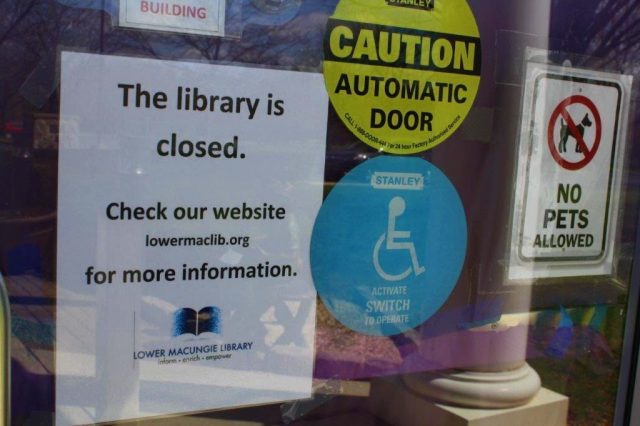
During her weekly trips to the library, Rhode reflects on some of the community members suffering COVID-19 consequences. She realizes the sense of family that has been lost during the closure, as she sits at her desk surrounded by unoccupied computer tables and vacant book shelf isles.
“I had one woman call me and say, ‘I can go without food, but I can’t go without books,’” Rhode said. “We are so important, and there are so many people who come to use the computers every day, who come to read the Wall Street Journal. There are people who come just because we are like the community living room. They see their friends here — those are the people who are really suffering in this pandemic.”
Along with the community’s family restaurants and hair salons, the local libraries are just one of the non-essential businesses negatively affected by this pandemic. But as stagnancy prevails in this corner of the block, the valley’s health care facilities buzz with business.
Johanna Lettera, a junior at Emmaus High School, works as a nutrition operator for the Lehigh Valley Health Network. Now working sometimes seven days a week, she feels it to be her duty to cover for coworkers who are more at risk for contracting the virus.
“I understand that we’re essential workers and we need to be working, but I feel like it’s my job to put myself in the place to help those who should just stay at home,” Lettera said.
Masks and gloves are just some of the few accommodations Lettera and her staff have been ordered to make — she can only communicate with her patients by phone, and she must have her temperature taken before she enters the building.
LVHN, like many of the nation’s hospitals, cares for its coronavirus patients in a separate facility than those who aren’t being treated for the virus. Despite this, the risk of contracting COVID-19 is often on Lettera’s mind.
“Every time I go to work it’s a little bit terrifying. I don’t know if my coworkers are carrying it. Every time I get my temperature taken, I don’t know if the nurse taking it has the virus,” Lettera said. “So it’s one thing to get the coronavirus, but it’s another to bring it home to your family.”
Junior Abbie Kenderski experiences the same fears — she works as a dining associate at Country Meadows Nursing Center in Bethlehem. Similarly to the hospitals, she must wear masks and gloves at all times, as well as ensuring a safe, six-foot distance between herself and others. Though contact with the residents is as limited to only a few minutes at most, she and her coworkers are often their only source of social interaction. Since the nursing home restricted visitors due to the pandemic, Kenderski reports many residents moving to hospice without saying goodbye to their loved ones.
“It’s important for us to be here not only to serve the residents with their food, but more for the social aspect of it,” Kenderski said. “We’re some of the last people they might see, and we have to make it special.”
As stay at home orders extend and future events cancel, Rhode finds solace in one mindset: “we’re all in this together.”
“We won’t be able to do summer reading like we’ve used to. We won’t have crowded rooms of children listening to story time. We won’t have our usual entertainers,” Rhode said. “And so with this pandemic we just aren’t going to be able to do all that. But that’s okay. We’ll find a way to accommodate.”


